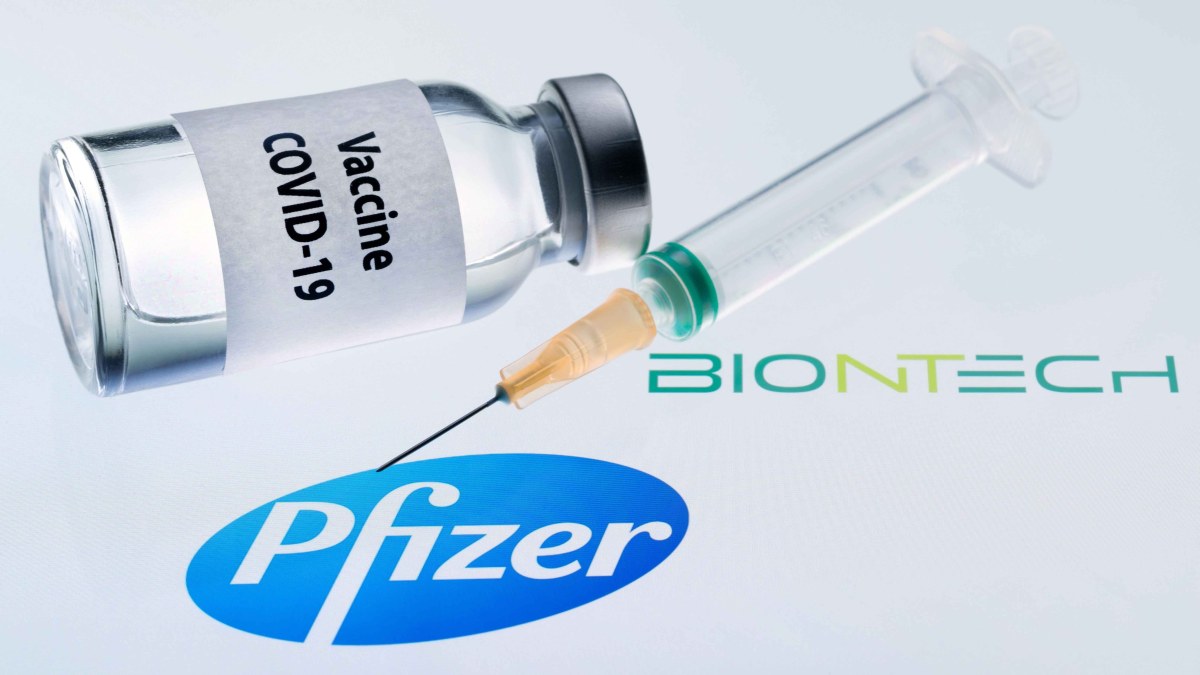New York City reported its first “significant allergic reaction” to a healthcare professional who received the Pfizer vaccine on Wednesday, the only adverse response it has received in more than 30,000 injections so far.
The worker has been treated and is in a stable condition, city officials said. Allergic reactions to the Pfizer vaccine have been reported in clinical trials and since the FDA granted authorization for emergency use earlier this month, but they remain rare.
Health officials say they are closely monitoring reports of the most serious side effects in collaboration with the CDC. In the meantime, it will continue to move forward with vaccine distribution to ensure that frontline workers and nursing home residents and employees are protected from the virus, health officials said in a statement.
No specific details about the affected worker’s allergic response were immediately available. The city did not release any additional information about the case in Mayor Bill de Blasio’s COVID briefing on Wednesday, citing confidentiality rules.
“Vaccines, including the COVID vaccine, are generally safe,” said Dr. Dave Chokshi, city health commissioner, during the briefing. “For the vast majority of people who have allergies, the COVID vaccine will be safe and effective for you.”
People who have a history of allergic reactions to any type of vaccine or any type of injection should talk to their doctors before receiving the COVID-19 vaccine, added Chokshi.
Rare allergic reactions were reported in Britain before the launch of Pfizer / BioNTech in the USA, which has since reported similar unusual reactions. Three of them involved health professionals in Alaska.
As the country prepares to start receiving vaccines against COVID-19, it is important to understand the side effects. Here’s what doctors are saying that people can expect.
Earlier this week, an official at the National Institute of Allergy and Infectious Diseases told CNBC that the United States is studying why some people have suffered severe allergic reactions after taking the injections.
The study, which is still in the early planning stages, is expected to include “several hundred” people with a history of severe allergic reactions, said Alkis Togias, head of NIAID’s Department of Allergy, Asthma and Airway Biology. Although the rare reactions were reported by people who received the Pfizer injection, the study can look at vaccines made by Pfizer and Moderna.
The hope is to get him off the paper in a matter of weeks, officials told CNBC.
